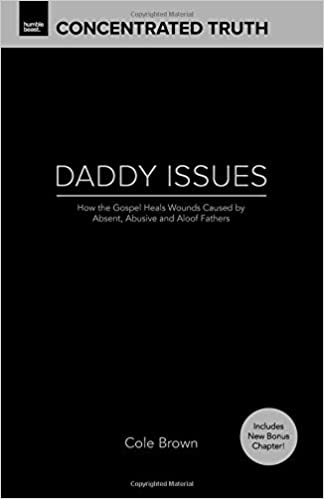We all know how difficult it can be to define the term family, do we integrate in this dimension those of us who share our blood?Or the people we choose freely and with whom we build positive and meaningful relationships?
Talking about family sometimes causes some injuries, frustrations and small grudges. In fact, one could certainly say that one of the most complex figures that appears most often is that of the “absent parent”.
- The absent father is not just the physical emptiness of a figure we did not have; sometimes he’s also someone he didn’t know or didn’t want to do his part.
- It is a psychological absence capable of creating several emotional wounds in a child.
You may well know this situation, whether you’ve lived it on your own skin or observed it in your nearest social circle.
Sometimes, when someone asks him to talk about his family, he does not hesitate to tell a thousand stories about his mothers, his grandparents, his uncles, yet when talking about his father, the smile is stronger and silence appears. Do your shoulders shrug and wobble?
“I don’t know, was my father there, no more?
We do not mean that this type of emotional vacuum is characteristic exclusively of the father figure, it can also happen with the maternal figure, however, it is very common that when talking about this type of harmful education, capable of leaving marks of maturity, the figure of an absent parent becomes present.
We invite you to dig a little deeper into this reflection.
Growing up without a parent or relevant character in childhood because of a traumatic event is something we will always use that leaves internal scars that we try to overcome.
However, growing up with a father figure who, despite his existence, is unable to bring fullness, affection or gratitude, leaves streams of emptiness in the heart of a child who is learning to build his world.
Some say that the weight of creation, care and education rests with the maternal figure, its importance cannot be denied when it comes to creating that healthy affection with which to give security at every step.
Now the father is also important in this process, and this is something that no one can deny; But?What happens when there is an absent parent in the family who does not establish any bond with his children?
? A child’s brain is a passionate stimulus processor and, in their daily life, needs positive stimuli to grow maturely and safely.
? An absent parent produces inconsistencies, gaps, and difficulties in contact with others. The child expects affection, communication and daily interaction to open up to the world also through his father, but he only finds walls.
? An empty and esquivo treatment generates anxiety in children, don’t you know, what to hold on to?Foreign parents? The ones they have at home. They know that their friends’ parents act differently from yours.
This creates an emotional detachment that makes the person feel more insecure about building certain relationships and can become a little suspicious. The idea of throwing a heavy emotional burden on someone causes fear, fear of being betrayed or unrecognized. Or worse, to be ignored.
As we get older, we are very likely to be aware of many other things. The effort made by the mother to care for the absent father is recognized, and it is also understood that more than once she apologized with phrases such as?
“Do you know what your father is like, don’t do what you already know your father doesn’t like, ” don’t you understand?”
As we grow, our eyes open to the world and we begin to read between the lines; giants become dwarves because we already know their secrets; however, some of us remain vulnerable to this past.
You’ve grown up, paid your bills, proudly wear your unbreakable armor, and you know very well what you have to do today to avoid making the same mistakes your parents made with you.
However, the void of the absent parent is still there, and it doesn’t matter if in the present you still connect with him, or if he’s already gone, or if you remain silent in family gatherings and act as if the past never existed.
Now, does that justify what he did to you, the emotional emptiness he left you?Of course not, but understanding helps us adapt to reality, to avoid storing more negative emotions.
? You know that you have grown and matured with many gaps by this kind of education and these emotional needs, however, there is always the time when it is necessary to cut the link with yesterday’s suffering, to heal the wounds of this present.
? If you didn’t keep your father in mind, your healthiest and most representative affective personality is more likely to be different: your mother, grandparents, or even your friends or growth partners, they’re the ones that have become your pillars on a day-to-day basis. .
Your real family. The one that really matters
A father is not only the one who gives life, a father is the one who is present, who welcomes, cares and guides safely, building every day a path of significant moments in a child’s life.
Images courtesy of Claudia Tremblay.

